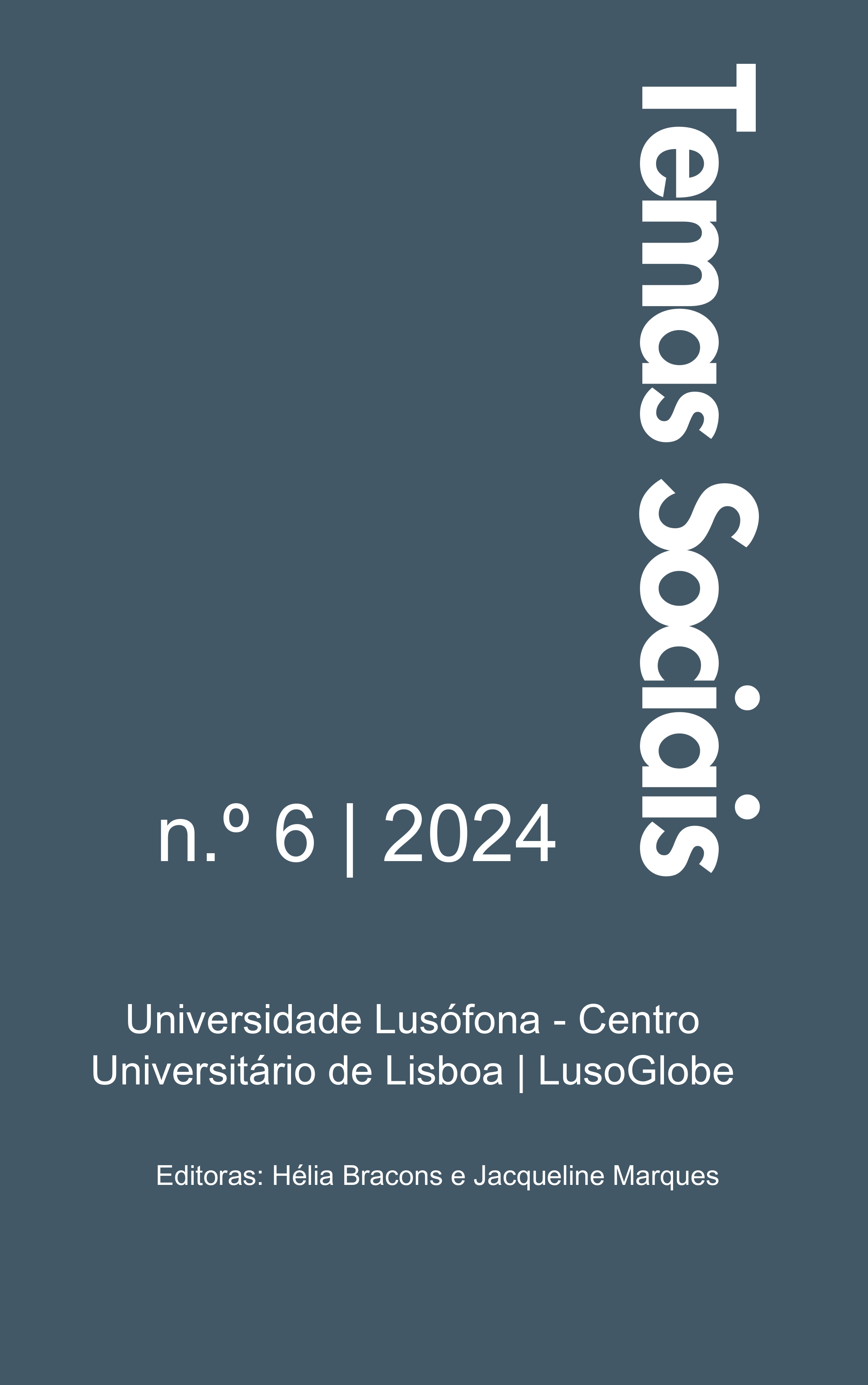The importance of evaluation and performance management in organisational motivation - The Case of the Rainha D. Leonor Integrated Continued Care Unit of the Santa Casa da Misericordia of Vila de Rei
https://doi.org/10.60543/ts_iss.vi6.9288
Abstract
This research aims to understand the importance of performance evaluation and management in motivating employees. The study was carried out in the Unidade de Cuidados Continuados Integrados of the Santa Casa da Misericórdia de Vila de Rei through a mixed methodology, using different methods of data collection: in the qualitative approach, a semi-structured interview with the technical director was used, whose function is managing people; and in the quantitative approach, a closed-type questionnaire to 58 of the organization's 63 employees was applied. The interview and the questionnaire are both divided into the research themes: People Management, Motivation Factors at Work, Performance Evaluation, and Performance Evaluation and Management. The results show that the UCCI employees consider the following factors as the most critical contributors to their motivation: the excellent relationship with colleagues, the salary reward as extrinsic factors, and the personal growth and personal achievement as intrinsic factors. The employees and the technical director consider that performance evaluation is a motivating factor, that performance evaluation and management are essential processes, and that, when implemented in the UCCI, they would be a motivating factor.
Downloads
Open Access Policy:
The Journal facilitates free, open and immediate access to its contents to foster the exchange of knowledge at a global level.
By submitting their work, the author(s) authorise the publication and dissemination of their work and are responsible for its content.
Code of Ethics:
The Journal is a digital tool that enables the dissemination of knowledge in a globalised society where technology, communication and information occupy a prominent place. The publication promotes equal opportunities facilitated by knowledge. To this end, the Journal is committed to the content it publishes, adopting a code of ethics based on the following principles:
1. The texts received must be original, by the author(s) alone and unpublished, i.e. they must not have been previously published, broadcast or sent to another publication.
2. Authors are responsible for requesting any authorisations necessary to publish their texts, with the respective reference to the sources consulted.
3. That organisation must authorise work funded by an organisation to disseminate the results.
4. the plagiarism detection tool in force will review all work received at Universidade Lusófona - Centro Universitário de Lisboa.
5. The articles received will be evaluated by two experts in the field, guaranteeing the anonymity of the author(s) and the evaluators.
6. Papers involving people as the research subject must obtain informed consent from all of them, with strict respect for the confidentiality of personal data and, if necessary, the decision of the Ethics Committee.
7. The list of authors should only include those who contributed intellectually to the work, i.e., who designed and carried out the research, wrote up and analysed the results and approved the final version of the text.



